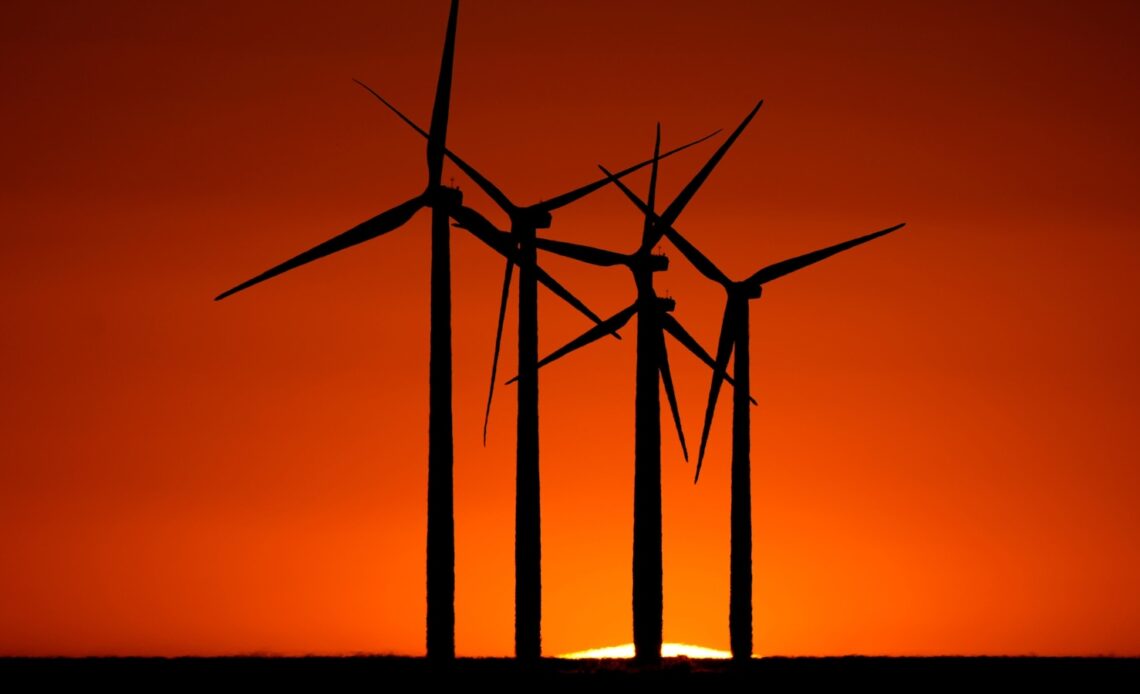WASHINGTON — The election of Donald Trump as president for a second time and the Republican takeback of the U.S. Senate could undo many of the national climate policies that are most reducing planet-warming greenhouse gas emissions, according to climate solutions experts.
When they list measures that are making the most difference, it lines up with policies and agencies Trump has said he’ll target: President Joe Biden’s landmark climate law, which is funneling money to energy measures that combat climate change, plus rules issued by the Environmental Protection Agency to limit leaks of the powerful climate pollutant methane, pollution from coal-fired power plants, and tailpipe emissions from cars and trucks.
The changes come as more lives are being lost in heat waves, record amounts of climate pollution are accumulating in the atmosphere, the United States has been hit with what may be two of the most expensive hurricanes on record and nations, who will meet in Baku, Azerbaijan next week for climate negotiations, have failed to take strong action to change these realities.
Trump, who has cast climate change as a “hoax,” withdrew the U.S. from the 2015 Paris Climate Agreement during his first term. He has vowed to do so again, calling the global plan to reduce carbon emissions unenforceable and a gift to China and other big polluters. Trump also vows to end subsidies for wind power that were included in the landmark 2022 climate law. He has said he will eliminate regulations by the Biden administration to increase the energy efficiency of lightbulbs, stoves, dishwashers and shower heads.
Trump has summed up his energy policy as “drill, baby, drill” and pledged to dismantle what he calls Democrats’ “green new scam” in favor of boosting production of fossil fuels such as oil, natural gas and coal, the main causes of climate change.
Dan Jasper, a senior policy advisor at Project Drawdown, said he also expects to see “significant rollbacks of climate policy at the national level,” but that climate action will continue to move forward at the state and local level. And, he said, repealing parts of the climate law could backfire because most of the investments and jobs are in Republican congressional districts. These were expected to reduce U.S. emissions by about 40% by 2030, if the law was enacted as planned in the coming years.
In a call Wednesday morning, Scott Segal, head of a communications group at the law firm Bracewell LLP, which…
Click Here to Read the Full Original Article at ABC News: Business…

